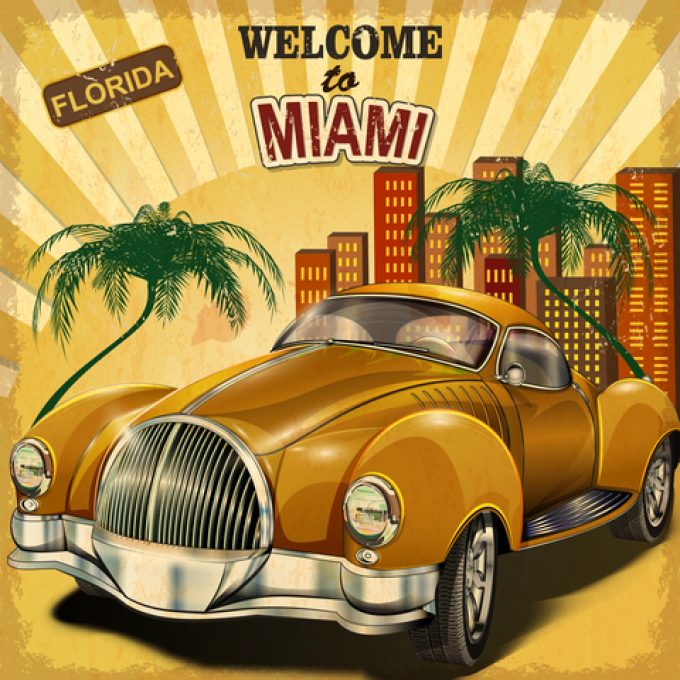Happy last year in air freight (for some) – and good luck with the next
“Airfreight hasn’t been a bonanza for everybody in 2024,” said Niall van de Wouw, chief ...

Each year, there are an increasing number of industry events, especially in the air cargo sphere. Whether invite-only – Kale Logistics in Istanbul, or Xeneta in Amsterdam – or next week’s Air Cargo Handling & Logistics in Istanbul, ACE24 in Budapest, or the ecommerce event ...

Comment on this article